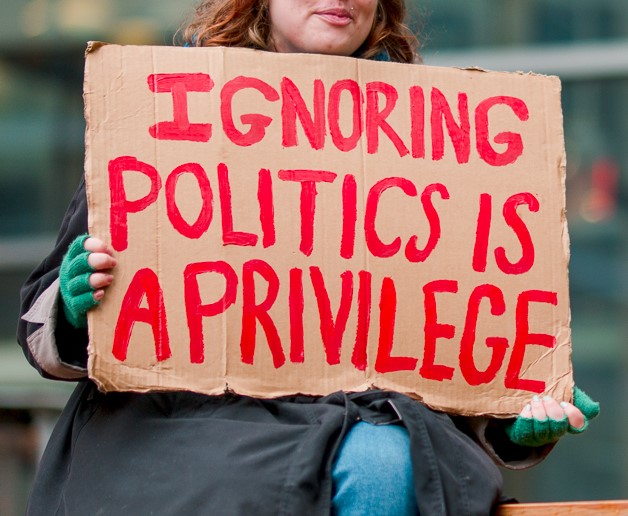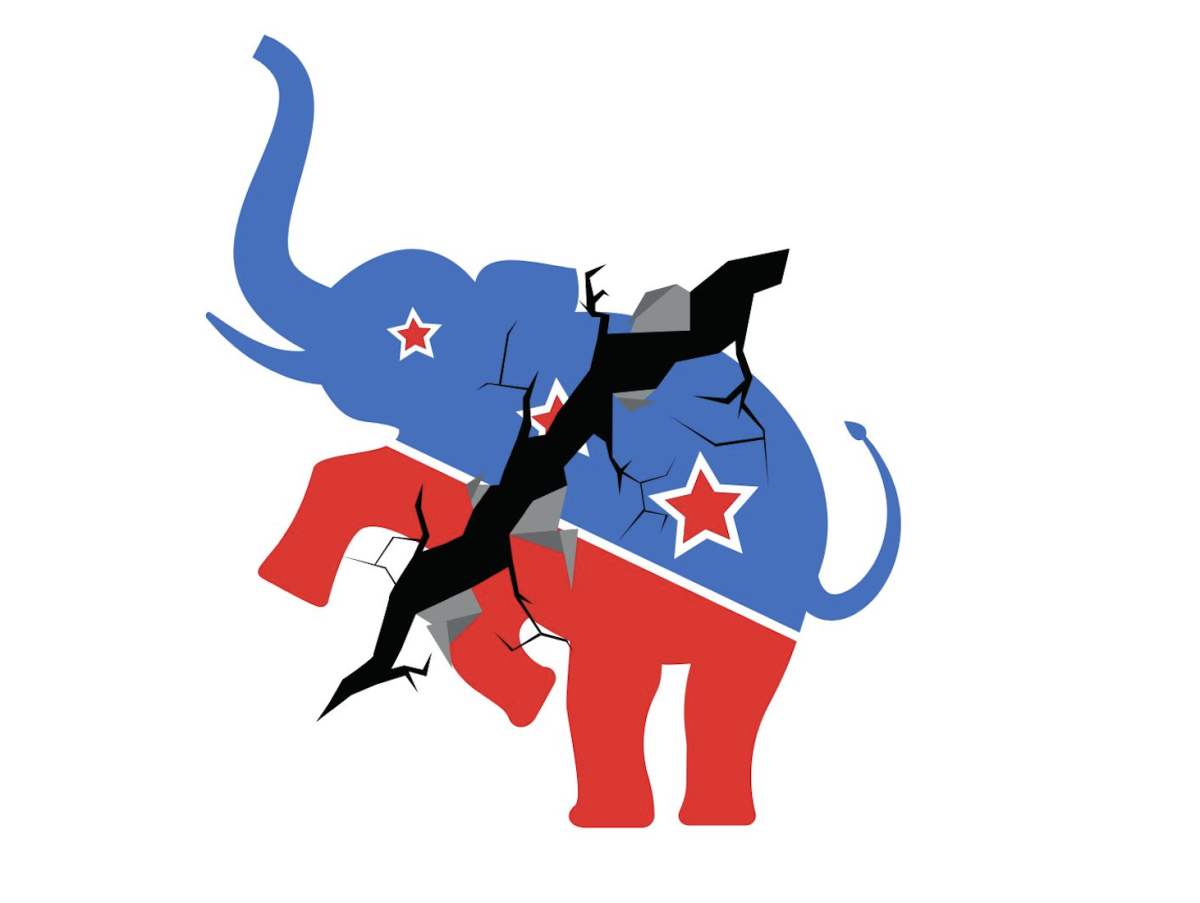In today’s urgent political climate, choosing to tune out and put your head in the sand is an option, but it is one riddled with privilege. Engaging in politics has always been and continues to be inherently aggravating. Whether it’s the incredible lack of eligible candidates in our state and presidential elections or our government’s role in funding wars abroad, participating in politics is not supposed to be convenient or easy; however, it is necessary. People’s lives and futures depend on our political involvement.
It is crucial for us to exercise our voices through voting, particularly in this upcoming presidential election. But being politically involved goes beyond just voting; it is researching and understanding what each candidate’s intentions are, not simply basing our opinions on what we’re being told. Knowing who you’re voting for and how they will affect the future is beyond critical—it’s vital. Trump, for example, managed to set himself up for future success while in office at the expense of century-long constitutional precedent. This is a concerning issue that has been overlooked in discussions regarding Trump.
During Trump’s presidency, he was able to appoint several Supreme Court Justices, essentially stacking the courts with justices he knew would rule in his favor. In March, those same justices managed to erase part of the Constitution in Trump’s favor. Based on the Supreme Court’s ruling, section 3 of the 14th Amendment of the United States Constitution no longer applies to candidates running for president. It barred government officials from taking office if they took an oath to uphold the U.S. Constitution and broke it.
This means that despite Trump’s involvement in the Jan. 6 insurrection, which prior to the Supreme Court’s ruling was considered breaking his constitutional oath, he is now legally eligible to not only run but hold office in the upcoming election.
Understanding how our country’s political future is subject to change based on who is sitting in the White House is fundamental to not only our future but potentially the future of the rest of the world. As Americans, it is our job to look at the long-term impacts and consequences that having a second Trump administration could have on this country. A second Trump presidency would further divide and undermine this country’s values. Throughout much of his campaign, Trump has displayed a worrying lack of respect and support for numerous political institutions, from suggesting in speeches and interviews that he would fire Department of Justice employees to labeling the FBI as corrupt. What does it say about the future of our democracy if we re-elect a candidate whose entire campaign is based on changing the fabric of this country’s political system and its standards? In comparison, a Harris administration would more than likely prioritize unifying the political aisles, emphasizing fair economic policies, fostering global cooperation and sowing the seeds for our nation to heal from the political turmoil we’ve faced for nearly a decade.
It is clear, based not only on his previous acts as president but also on the plans he has laid out for his next term, that if Trump wins in November, we may be looking at the last fair election. His plan, as well as his ability as president to appoint Supreme Court Justices who can legally change constitutional amendments in his favor, will have long-lasting effects. However, what I find most concerning is the lack of discussion and dialogue surrounding the potential for democratic systems and steps in place to disappear completely.
It is fundamental for Americans to recognize the global consequences that may come as a result of a second Trump administration. There exists a real potential, if re-elected, for Trump to withdraw U.S. aid to Ukraine based on his standing relationship with Russia and its officials. He also turned his back on countries the U.S. had called allies for decades based simply on his own interests.






